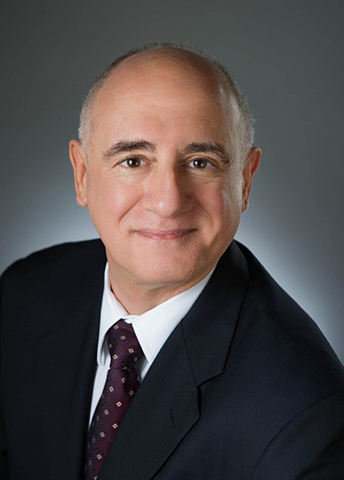David Steffens, M.D., M.H.S.
President, American Association for Geriatric Psychiatry
Just as a family with a child suffering from depression, anxiety, or any other illness would want a clinician who specializes in helping children, older adults deserve care from clinicians trained and experienced in diagnosing and treating older patients.
The mental health needs of the elderly differ from the rest of the population.
Why?
In general, older adults have more medical illnesses than younger people and may have cognitive problems that can worsen with depression and other health issues. Older individuals often suffer more losses—such as the loss of a spouse, friends, or independence—and these losses can lead to depression. Older adults may also be reluctant to discuss mental health issues, particularly concerns about memory and Alzheimer’s disease.
The older population also deals with substance and alcohol misuse and abuse, often not recognizing the problems or wanting to address them. The elderly are at risk for prescription drug and alcohol abuse, sometimes as a way to cope with depression. Older bodies process alcohol differently than younger bodies, and an amount of alcohol that was tolerated at age 45 may cause a higher blood-alcohol level at age 65. This can lead to falls and injuries, and contribute to memory loss and confusion.
Where are the specialists?
While there are many reasons to seek out a clinician who specializes in older adults—such as a geriatric psychiatrist, geriatric psychologist, geriatrician, or geriatric social worker—there is growing concern that there will not be enough providers to serve the mental health needs of the elderly. While geriatrics is an attractive profession for many clinicians, it’s one of the lower paid specialties. With Medicare as the primary payer for most older patients, physicians specializing in geriatrics live under the constant threat of government mandated payment cuts. And while current geriatric psychiatrists and other providers caring for older adults derive substantial career satisfaction from the intellectual challenges of the field and the patients themselves, geriatrics is an under appreciated field for young trainees choosing a career path.
Who will address the special needs of older adults?
There is a clear role for geriatric mental health specialists, but also a great need for primary care clinicians on the front lines who are well trained in geriatrics. Much work is being done to develop models of care that integrate primary care with mental health care. Similar to the coordination of care for heart disease or cancer, the mental health care needs of older adults need to be coordinated with their physical health needs.
Before there will be enough specialists and primary care providers trained in geriatrics to provide quality mental health services to older adults, we’ll need to see several systematic changes in place:
- Providing a stable payment system through Medicare for clinicians
- Providing incentives to students to enter the field of geriatrics
- Requiring that all medical students, general psychiatrists, and other health care providers have some training on working with older adults so they have a basic competency in treating the elderly
With the right changes, we’ll be better prepared to meet the needs of an aging population.
Survey
Please help Care for Your Mind determine the needs and availability of specialized mental health services for older adults in our community.










Connect With Us